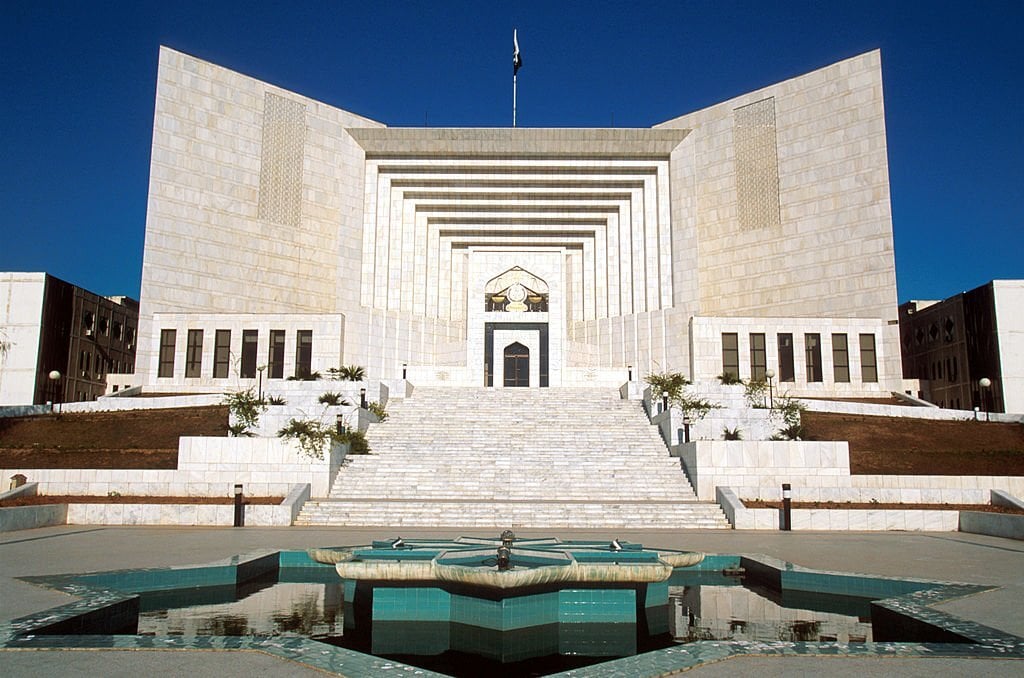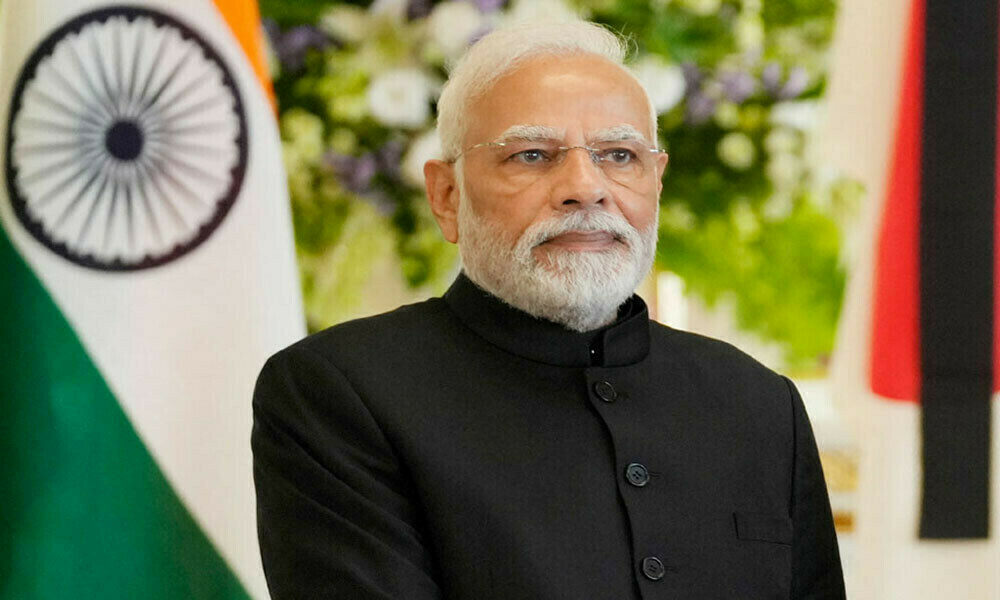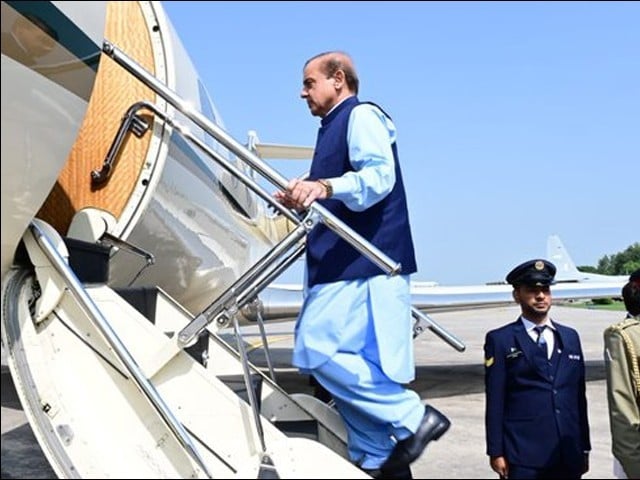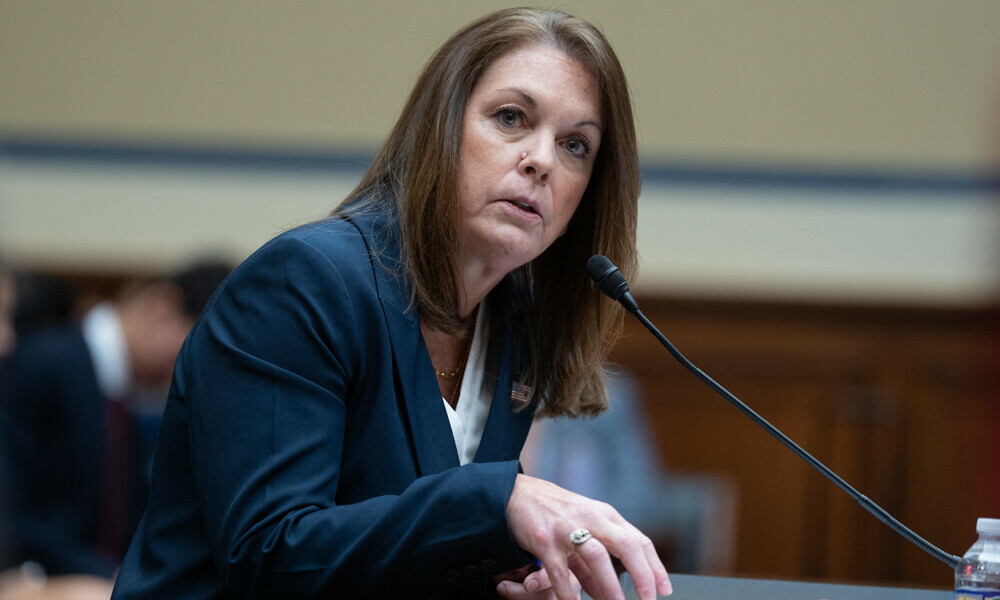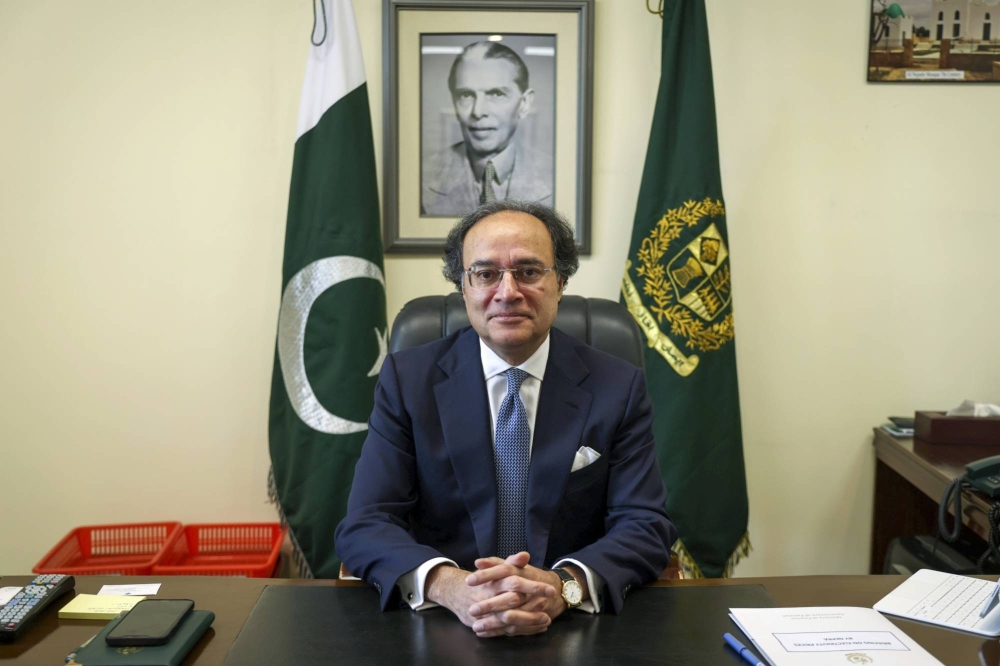With Pakistan’s general elections set for February 8th, just over a month away, a crucial question hangs in the balance: whether disqualification under Article 62(1)(f) of the Constitution, considered by many to be a political litmus test, lasts for life or only five years. This week, a seven-member bench of the Supreme Court, headed by Chief Justice Qazi Faez Isa, will tackle this thorny issue, with far-reaching consequences for the upcoming polls.
The origins of this legal conundrum lie in Article 62(1)(f), added to the Constitution by military dictator General Ziaul Haq through the 8th Amendment. This controversial clause mandates that candidates for public office must be “sadiq and ameen” – honest and righteous – a subjective standard often used to disqualify potential opponents. Despite numerous attempts by elected governments over the past 38 years, this clause has remained unshakeable, a legacy of a bygone era now casting a shadow over the democratic process.
The question of disqualification duration came to a head in the “Panama Papers” case, where Nawaz Sharif, Pakistan’s former prime minister, was disqualified for failing to declare income related to a foreign company. A five-member bench, with Justice Ijazul Ahsan as a member, interpreted Article 62(1)(f) to imply a lifetime ban from holding office. This interpretation met with controversy, with some legal experts comparing it to a political “life sentence.”
However, in June 2023, the parliament, seemingly seeking to counter the Supreme Court’s ruling, passed an amendment to the Election Act setting the disqualification period under Article 62(1)(f) to five years. This legislative move further muddied the waters, creating a clash between the judiciary and the legislature over the interpretation of the Constitution.
The upcoming hearing on Tuesday, January 2nd, holds immense significance. The seven-member bench, including Justice Ijazul Ahsan who was previously involved in the disqualification debate, will deliberate on whether the parliament’s five-year limit supersedes the Supreme Court’s interpretation of a lifetime ban. Their decision will not only determine the fate of individual politicians but also influence the very landscape of the upcoming elections.
The stakes are high. Candidates and parties across the political spectrum await the court’s ruling, strategizing and aligning themselves based on its outcome. The verdict could shape alliances, campaign narratives, and ultimately, the course of Pakistan’s democratic journey. With so much hanging in the balance, this hearing promises to be a landmark event, watched closely not only by Pakistanis but also by the international community.
In essence, the issue of disqualification under Article 62(1)(f) transcends being a mere legal technicality. It represents a clash between democratic ideals and perceived political manipulation, between judicial discretion and legislative intervention. The Supreme Court’s decision on Tuesday will have lasting ramifications, reshaping Pakistan’s political landscape and setting a precedent for future interpretations of the Constitution. The eyes of the nation, and beyond, will be glued to the courtroom as the judges deliberate on this crucial question – lifetime or five-year disqualification? The answer will not only affect individual politicians but also determine the very trajectory of Pakistan’s democratic future.
Please, subscribe to the YouTube channel of republicpolicy.com



































